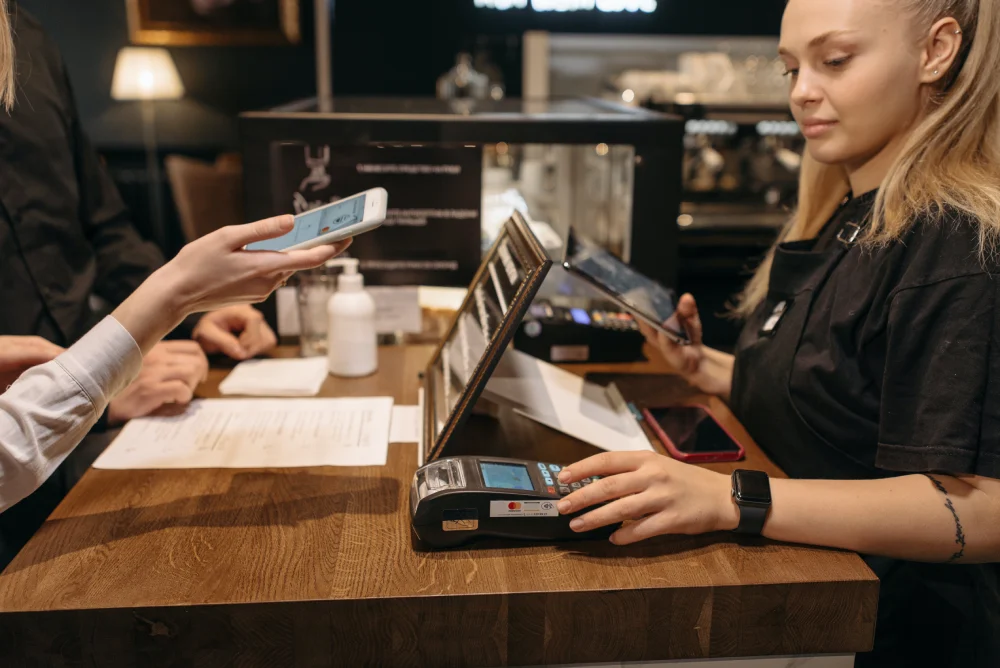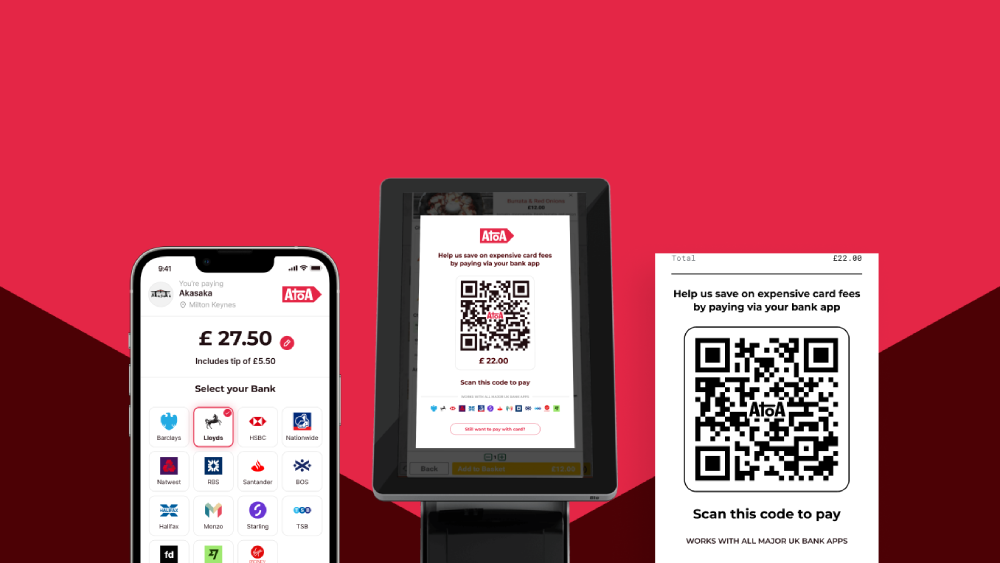Ready to get started?
Easily integrate next-generation payments and financial data into any app. Build powerful products your customers love.
Accepting payments online is essential for most UK businesses today, but not all payment methods cost the same. Between card fees, gateway charges, and settlement delays, your choice of provider can have a major impact on profit margins. Here’s a clear breakdown of the most cost-effective ways to get paid online.
1. Why payment costs vary
Every online transaction typically involves several layers of fees:
- Card network fees (Visa, Mastercard, Amex) — often 1.4–2.9% + 20–30p per transaction
- Payment gateway or platform fees — charged by Stripe, PayPal, or Shopify Payments
- Settlement delays or rolling reserves — funds held for 1–3 days, limiting cash flow
- Chargeback risk — disputed payments that can cost additional admin and penalties
Just a 0.5% difference in cost, for instance, can add up to thousands per year for an active merchant.
2. Comparing the main payment methods
| Method | Typical Fee (UK) | Settlement Time | Pros | Cons |
| Pay by Bank / Instant Bank Transfer | 0.5–0.8% | Instant | Low fees, no cards, no chargebacks | Requires customer to bank with UK institutions |
| Debit & Credit Cards | 1.4–2.9% + 20–30p | 1–3 business days | Familiar and widely accepted | High fees, chargebacks possible |
| Manual Bank Transfers | £0 | 1–2 business days | No processing fees | Manual reconciliation, prone to errors |
| Direct Debit | 1–2% | 3–5 business days | Good for recurring payments | Slow, no instant confirmation |
| Buy Now, Pay Later (BNPL) | 2–6% | 1–3 business days | Increases conversion for consumers | Expensive and higher admin costs |
3. How to reduce your payment processing costs
There are several ways to save, even if you keep your existing setup.
Encourage cheaper payment options
Promote Pay by Bank or debit payments over credit cards to reduce per-transaction fees.
Negotiate with providers
If you process high volumes, ask for a rate review. Many acquirers will lower pricing for consistent merchants.
Automate reconciliation
Manual reconciliation wastes time and introduces errors. Integrating payments with software like Xero or QuickBooks can cut admin costs.
Minimise chargebacks
Use clear product descriptions and reliable refund policies to avoid disputes that drive hidden costs.
Consolidate providers
Multiple gateways create extra monthly fees and complexity. Therefore, one platform that handles all payment types is often cheaper overall.
4. Why Pay by Bank is emerging as the lowest-cost option
Pay by Bank uses secure open-banking rails to move money directly from a customer’s bank to yours. There are no cards, acquirers, or interchange fees involved.
For businesses, this means:
- Up to 50% lower fees than card payments
- Instant settlement for better cash flow
- Zero chargebacks (or almost zero)
- Simple reconciliation when integrated with accounting tools
Providers such as Atoa make Pay by Bank easy to add to checkouts, invoices, or payment links with no disruption to your existing setup.
5. Example: small changes, big savings
A retailer processing £40,000 per month at an average 2% card fee spends around £800 in fees. However, if half of that volume moves to Pay by Bank at 0.7%, total monthly costs drop to around £540, saving over £3,000 per year while improving cash flow.
6. Summary: low-cost payment mix
| Recommended Setup | Why it Works |
| Pay by Bank as the default option | Lowest cost, instant settlement |
| Cards as a secondary method | Familiar and flexible for customers |
| Integrated accounting reconciliation | Reduces manual admin costs |
For most UK businesses, combining Pay by Bank with card payments delivers the best balance of cost, convenience, and customer trust.
Next step
Find out how much your business could save with Atoa’s Pay by Bank solution.
Request a demo of Atoa today.



